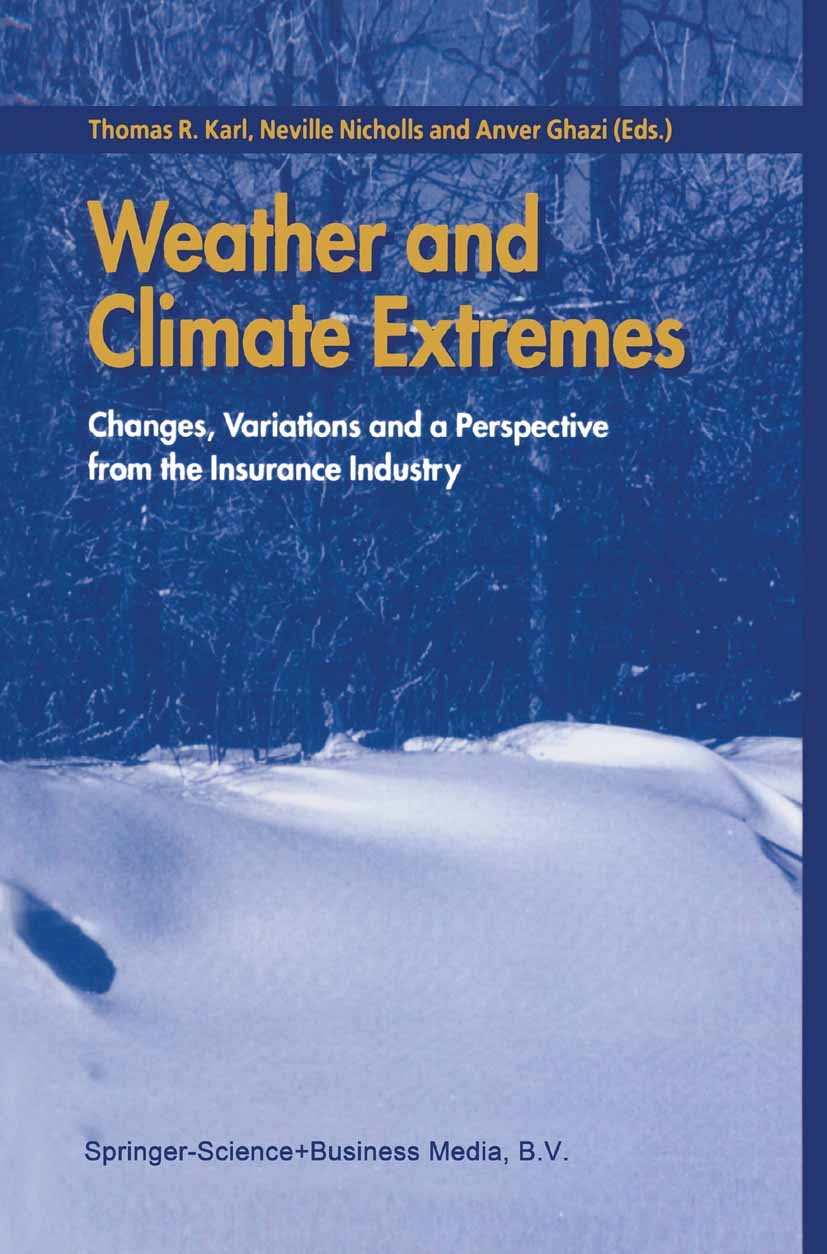Impacts of climate change on extreme weather indices in Ecuadorian cities: A socioeconomic analysis
IF 6.9
1区 地球科学
Q1 METEOROLOGY & ATMOSPHERIC SCIENCES
引用次数: 0
Abstract
Climate change poses a significant threat to Ecuador, a nation characterized by diverse climates and geographical features. This study investigates the impacts of climate change on extreme weather events and socioeconomic variables across nine key Ecuadorian cities using the RegCM4 regional climate model and the Global Gridded Relative Deprivation Index (GRDI). The analysis includes historical trends and future projections under RCP2.6 and RCP8.5 scenarios for three extreme climatic indices: Consecutive Dry Days (CDD), Cold Nights (TN10p), and Warm Spell Duration Indicator (WSDI). Our findings indicate a consistent increase in CDD and WSDI, with significant decreases in TN10p across all cities over the past four decades, which are projected to continue under future climate scenarios. A Random Forest model was employed to explore the socio-economic impacts by predicting future changes in GRDI, highlighting how urban and rural deprivation might evolve in response to climatic changes. The results underscore the need for targeted adaptation strategies to address the unique vulnerabilities of each city and emphasize the critical role of land-use and land-cover changes (LULCC) in mitigating climate change impacts. This study provides essential insights for policymakers and stakeholders, emphasizing the urgency of integrating climate resilience into urban development to ensure sustainable futures for urban centers in Ecuador.
气候变化对厄瓜多尔城市极端天气指数的影响:社会经济分析
气候变化对厄瓜多尔这个气候和地理特征多样的国家构成了重大威胁。本研究利用RegCM4区域气候模式和全球网格化相对剥夺指数(GRDI)研究了气候变化对厄瓜多尔9个主要城市极端天气事件和社会经济变量的影响。分析了RCP2.6和RCP8.5情景下连续干旱日(CDD)、寒夜(TN10p)和暖期持续时间指标(WSDI) 3个极端气候指标的历史趋势和未来预测。我们的研究结果表明,在过去40年里,所有城市的CDD和WSDI持续增加,TN10p显著减少,预计在未来的气候情景下,这一趋势将继续下去。采用随机森林模型,通过预测GRDI的未来变化来探索社会经济影响,突出了城市和农村贫困如何随着气候变化而演变。研究结果强调了有针对性的适应战略的必要性,以解决每个城市独特的脆弱性,并强调了土地利用和土地覆盖变化(LULCC)在缓解气候变化影响中的关键作用。本研究为政策制定者和利益相关者提供了重要见解,强调了将气候适应能力纳入城市发展的紧迫性,以确保厄瓜多尔城市中心的可持续未来。
本文章由计算机程序翻译,如有差异,请以英文原文为准。
求助全文
约1分钟内获得全文
求助全文
来源期刊

Weather and Climate Extremes
Earth and Planetary Sciences-Atmospheric Science
CiteScore
11.00
自引率
7.50%
发文量
102
审稿时长
33 weeks
期刊介绍:
Weather and Climate Extremes
Target Audience:
Academics
Decision makers
International development agencies
Non-governmental organizations (NGOs)
Civil society
Focus Areas:
Research in weather and climate extremes
Monitoring and early warning systems
Assessment of vulnerability and impacts
Developing and implementing intervention policies
Effective risk management and adaptation practices
Engagement of local communities in adopting coping strategies
Information and communication strategies tailored to local and regional needs and circumstances
 求助内容:
求助内容: 应助结果提醒方式:
应助结果提醒方式:


